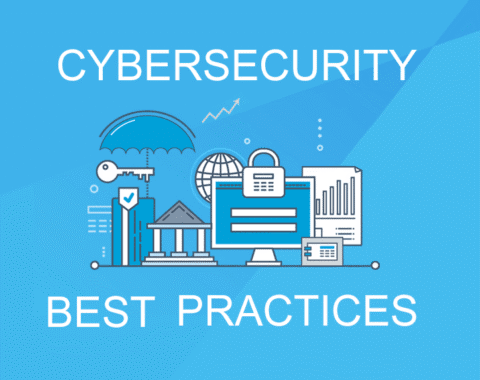By Kim Rux
It’s getting more difficult to tell the difference between scams and legitimate websites. Did you know in 2021, 2.8 million people reported instances of fraud? [1] With the holidays coming quickly, it means that Black Friday and Cyber Monday deals are sure to attract many buyers and scammers alike. We’ve included some great tips below on how to protect yourself and what to do if you’ve been a victim of fraud.
First, be wary of ads. While many online sellers are reputable, some are not. If you’re unsure, google that seller and see what other people are saying about them. Online marketplaces like Etsy or Amazon offer reviews on sellers which can help aid your decision on whether to buy from them.
When buying online, think about how you pay. Trustworthy sellers won’t ask you to wire transfer or input your bank account numbers. If you’re using a card to pay, avoid using your debit card. If a hacker gets hold of your debit card info, most banks will not reimburse you if money gets stolen.
Always remember: if it sounds too good to be true, it probably is!
If you think you’ve been scammed, the first step is to secure your accounts. You should change all your passwords in case they got ahold of your credentials. No one should have access to your accounts except for you!
The next step is to lock down your financial accounts. Call your bank and credit card company immediately to alert them of fraud. They can put a freeze or hold on your accounts until they’re safe.
You should also alert the authorities. You can report fraud to the FTC and use IdentityTheft.gov. They can help track down the fraudster and assist in your recovery.
Southridge is here to help you. If you’re unsure of a link or an email, please feel free to send it to support@southridgetech.com.



